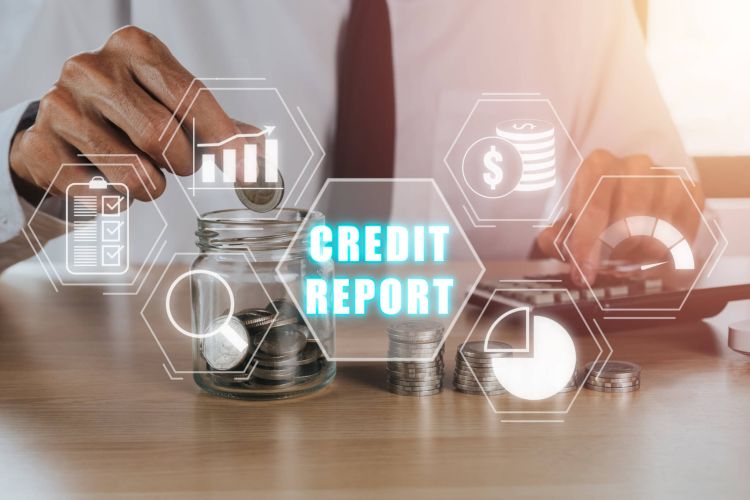Have you ever checked your credit score only to find that it dropped unexpectedly, leaving you scratching your head in confusion? Don’t worry; you’re not alone. Credit scores can sometimes behave like enigmatic creatures, and their fluctuations may seem to defy logic. Let’s explore why your credit score could drop for no apparent reason and what you can do about it.
1. Credit Reporting Errors
One of the most common reasons for unexplained drops in your credit score is inaccuracies on your credit report. Mistakes happen, and they can range from incorrect account information to inaccurate late payment records. Dovly is a free AI credit engine that can help you work with credit bureaus to get errors removed. Try it risk-free with our free membership tier.
2. Identity Theft and Fraud
Identity theft and fraudulent activity can wreak havoc on your credit score. If someone has gained unauthorized access to your accounts, opened new credit lines in your name, or committed other forms of fraud, it can lead to a sudden drop in your score. Monitoring your accounts for suspicious activity and promptly reporting any fraud can help mitigate this risk.
3. Changes in Credit Utilization
Your credit utilization ratio, which is the amount of credit you’re using compared to your total credit limit, plays a significant role in your credit score. If you’ve recently charged a substantial amount on your credit cards, it can increase your credit utilization and cause your score to drop, even if you’re making timely payments. Keeping your credit card balances low relative to your credit limits can help maintain a healthy score.
4. Changes in Credit Mix or Length of Credit History:
The types of credit accounts you have and the length of your credit history also impact your credit score. If you recently closed a credit card or paid off a loan, it could affect the mix of credit in your profile, potentially causing a temporary score decrease. Additionally, if you’re new to credit or have a limited credit history, your score may be more sensitive to changes.
5. Closing Credit Accounts
While it might seem counterintuitive, closing credit accounts can sometimes lead to a lower credit score. This is because it can reduce your overall available credit, which in turn can increase your credit utilization ratio. If you’re considering closing an account, especially an older one with a positive payment history, weigh the potential impact on your credit score carefully.
6. Hard Inquiries
When you apply for new credit, lenders typically perform a hard inquiry on your credit report. Multiple hard inquiries in a short period can lower your score temporarily. So, if you’ve recently applied for several new credit accounts or loans, this could be a reason for the drop. Be mindful of how often you’re seeking new credit to minimize this effect.
7. Age of Credit Accounts
The age of your credit accounts matters. If you’ve recently opened a new credit account, it may temporarily lower your score because it reduces the average age of your credit history. As your accounts age, your score may gradually recover.
In conclusion, credit scores can sometimes feel like a mysterious puzzle, but there’s usually a logical explanation for any unexpected drop. Regularly monitoring your credit reports, addressing errors, and practicing responsible credit management can help ensure that your credit score stays on a healthy trajectory. Remember, knowledge is your most potent tool in maintaining your financial well-being! 🌟



